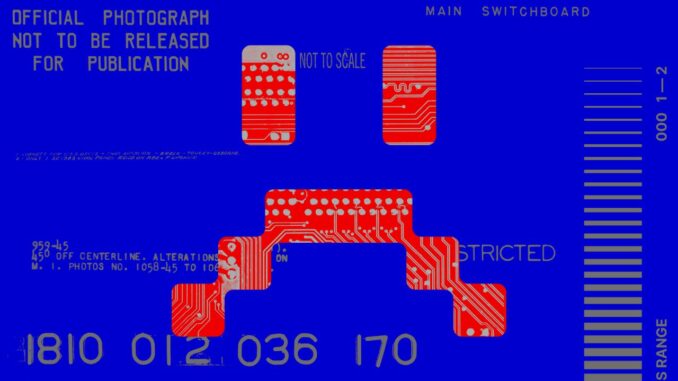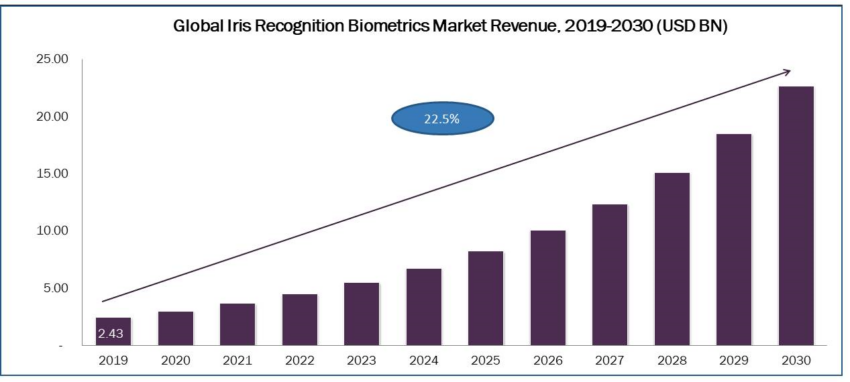
[ad_1]
Sam Altman, the CEO and founder of OpenAI and the creator of ChatGPT, has launched his crypto project, Worldcoin. However, the response on social media has been largely negative, with observers criticizing the privacy risks of using biometric data to verify your identity.
Worldcoin pioneers something called “World ID,” a “digital passport” which allows humans to verify they’re not an AI bot. The project is the work of San Francisco-based Tools for Humanity.
Worldcoin Uses Iris Scans To Verify Your Humanity
Included in the protocol is Worldcoin token (WLD), ostensibly the first digital currency to be freely distributed to people just for being a unique human.
World App, developed and operated by Tools for Humanity, is the first World ID-compatible app. It allows global payments, purchases, and transfers using digital assets and fiat-backed stablecoins.
At the core of the project’s vision, is to extend verifiable digital identity to the approximately 4.4 billion people worldwide without one. The project will draw on “privacy-preserving, decentralized, open-source solutions” in its mission.
The high-profile launch has prompted a flurry of debate on social media. ZachXBT, a well-known crypto sleuth, has raised concerns that the company is less than squeaky clean.
“Most alarming to me is how the WorldCoin team has boasted about how many users they have,” he said. How so?
“When in reality they have been exploiting people in developing countries. Verification that you’re a real person seems to only currently be enforced at the enrollment level. This has lead to the emergence of a Black Market for accounts. Currently accounts got as low as $1 per account on Telegram.”
Others have criticized Worldcoin’s tokenomics.
“Worldcoin taking a page out of SBF Solana eco playbook, launching and pumping a microcap shitcoin with 1% of total supply in circulation. $22.8 billion fully diluted market cap,” tweeted Dylan LeClair, an analyst.
Noted crypto lawyer John Deaton reacted incredulously when Worldcoin’s bosses refused to comment on token distribution:
“If there was ever a signal to RUN AWAY as fast as you can from a project, HERE IT IS. Is he saying he can’t tell you how to acquire it or what you’re acquiring because he might get sued?”
Deaton also referred to the use of the iris to verify identities as “Orwellian.”
Others felt similarly and were angry about the privacy implications of using eye scans.
“Worldcoin is taking full advantage of the fact that the vast majority of humans are complete [expletive] idiots who lack any ability to critically think about why they shouldn’t be exchanging their retina scan for a few dollars worth of absolute shitcoin,” said another commentator.

Worldcoin has been keen to center privacy in its announcements. But most observers seem unconvinced by their pitch. Critiques about privacy are at the forefront of the conversation surrounding Worldcoin’s launch.
“A closer look at @worldcoin reveals inconsistencies,” said one. “They claim privacy is their bedrock, yet they request and store ‘iris code data.’ This doesn’t equate to privacy.”
One crypto account asked a question many others were inevitably asking themselves: “Will people line up to scan their eye for a useless token created out of thin air? If they do, central bank digital currencies and social credit scores are coming.”
Another commentator called the project a “foul, wretched” shitcoin. “If you value your personal data, or have self-respect, stay away.”
George Gammon echoed many when he pointed out that the product was actually users and their biometric data.
“If the product is free then YOU are the product,” Gammon wrote.
Disclaimer
In adherence to the Trust Project guidelines, BeInCrypto is committed to unbiased, transparent reporting. This news article aims to provide accurate, timely information. However, readers are advised to verify facts independently and consult with a professional before making any decisions based on this content.
[ad_2]
Source link




